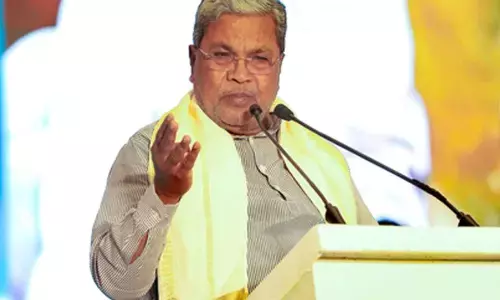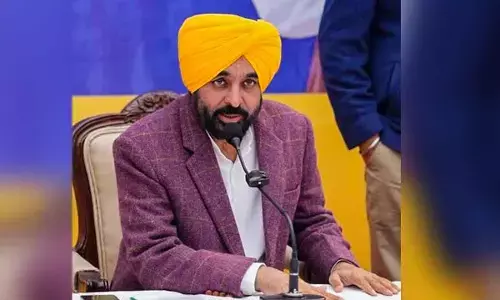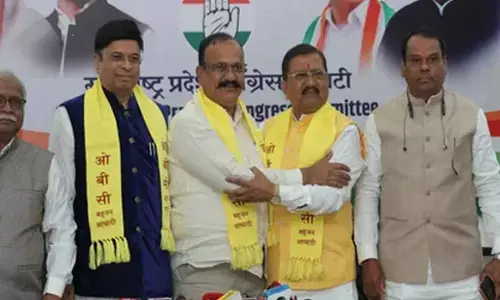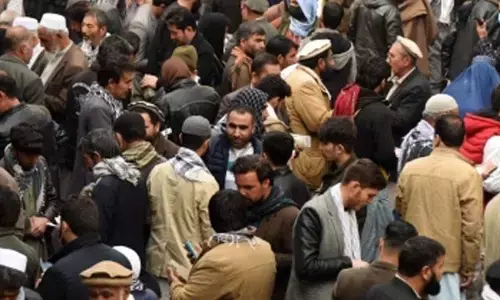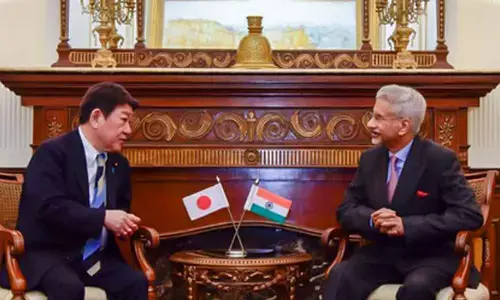Reforming the United Nations
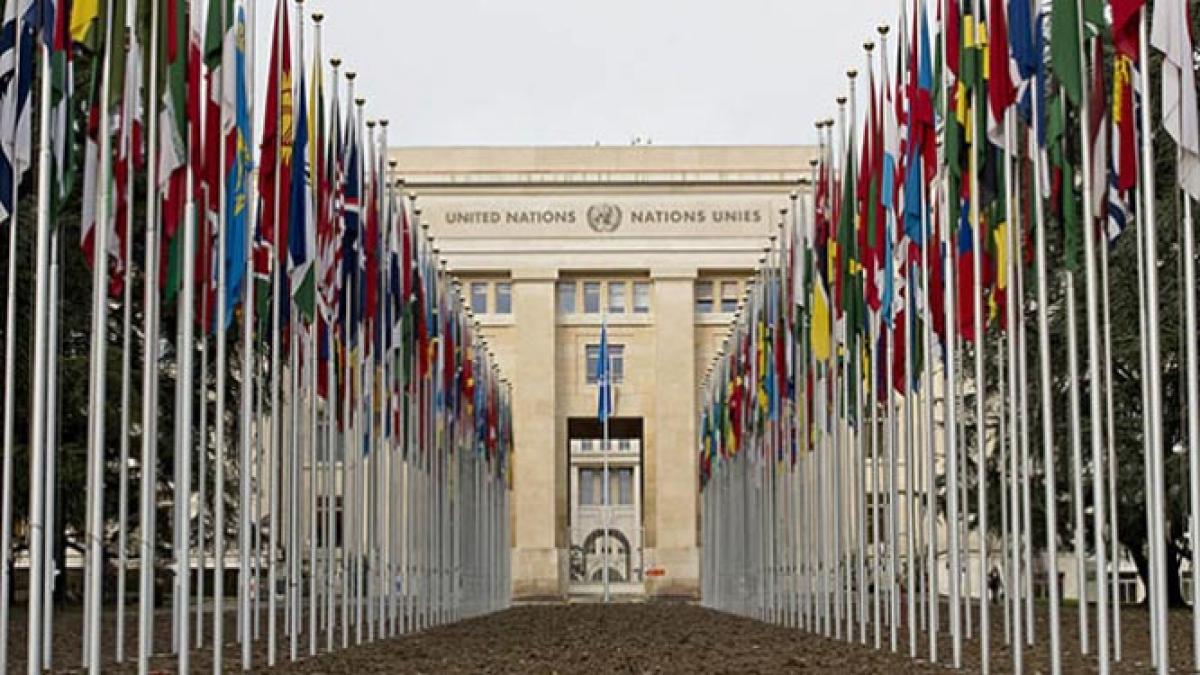
Reforming the United Nations. The 24th day of October 2015 may be heralding another momentous occasion in the history of the United Nations Organisation which is celebrating its 70th Foundation Day on Saturday. The UN was founded on account of two devastating World Wars and failure of the League of Nations.
There is, thus, an urgent need for reforms in the UN system, particularly in the Security Council and the International Court of Justice, in view of dramatic transformation in economic, social and political developments around the world
.jpg) The 24th day of October 2015 may be heralding another momentous occasion in the history of the United Nations Organisation which is celebrating its 70th Foundation Day on Saturday. The UN was founded on account of two devastating World Wars and failure of the League of Nations.
The 24th day of October 2015 may be heralding another momentous occasion in the history of the United Nations Organisation which is celebrating its 70th Foundation Day on Saturday. The UN was founded on account of two devastating World Wars and failure of the League of Nations.
The main purpose of the League of Nations was to maintain peace and security in the world but it miserably failed as the Second World War erupted in 1939. The Second World War compelled the nations of the world to endeavour to establish an international organisation so that mutual disputes could be resolved peacefully and that peace and security could be established in the world.
Even as the war was going on, the great powers of the world started making efforts in this direction. Their untiring efforts led to the holding of the Sanfrancisco Conference on January 25, 1945, wherein the UN Charter was adopted and signed by 51 nations. However, the Charter did not come into force immediately because it was necessary to have been ratified by a prescribed number of nations.
This requirement was fulfilled on October 24, 1945 and consequently on October 24, 1945, the UN was established. Every year, the day celebrated it as the UN Day. The UN was established following deliberations held at the Declaration of St James Palace, the Altantic Charter, The UN Declaration (January1, 1942), the Moscow Delcaration (October 30, 1943), the Dumbarton Oaks Conference (1944), the Yalta Conference (Febuary 11, 1945), Sanfrancisco Conference (June 25, 1945).
The UN Charter apparently speaks that the international body is being born because of the result of experiences of a devastating war. It holds out hope for a lasting peace based on recognition of sovereign equality of all states and better economic and social conditions for millions who have been victims of oppression and exploitation.
The UN was constituted to accomplish international peace and security, develop friendly relations among nations, maintain sovereign equality among all members, observe non-intervention in affairs of member states, and strive for economic and social development of member states etc.
For the effective and proper functioning of the organization, it is divided into six principal organs: General Assembly, Security Council, Economic and Social Council, Trusteeship Council, International Court of Justice and the UN Secretariat. The General Assembly and the Security Council are considered the main pillars of the organisation.
The General Assembly consists of all member-states of it –each state has one vote, irrespective of size, population or economic or social status. The General Assembly meets every year from the third week of September for one-and-a-half months. Usually it is in this session that the future of the UN is charted and decided.
The UN held the 70th session of the General Assembly very recently, in which heads of governments of its member-states have participated and delivered speeches, reflecting the mood of the world. Our Prime Minister Narendra Modi called for increase in permanent members in the Security Council from the existing ten to give representation to all shades of democracies and all continents of the globe – particularly, India and Japan from Asia, Egypt and South Africa from Africa, Australia from Pacific, from Brazil South American continent – as the present five members are not truly reflecting the will of the people of the world. The main duty of the Security Council comprising 5 permanent and 15 non-permanent members is to protect world peace, but many a time it failed miserably, particularly in Korean crisis, Kampuchean crisis, Vietnam crisis, Iran and Iraq crises, and Palestinian and Israeli crisis.
The veto power enjoyed by the permanent members of the Security Council – namely US, Britain, France, Russia and China – instead of resolving long standing disputes is used to protect their vested interests. It is high time that the world body corrected this anomaly.
There is, thus, an urgent need for reforms at the UN, particularly in the Security Council and the International Court of Justice, in view of dramatic transformation in economic, social and political developments around the world.
Reforms in the International Court of Justice are needed as it has no binding jurisdiction on the members-states, which defeats the very purpose of its existence. Nevertheless, the fact that the UN existed for 70 years itself proves that it became a successful organisation as during this time the world did not see any major bloodsheds erupting across the globe.
Though crises have been cropping up, they are successfully resolved by it, as had been in the case of Kuwait crisis, Bosnia and Herzegovina crisis, Afghanistan crisis. The UN is also rapidly progressing in eradication of economic, social and political disparities and protection of human rights, and is striving to usher in an egalitarian order. (The writer is Head and Principal, University College of Law, Telangana University, Nizamabad)
By Dr Jeting Yellosa








